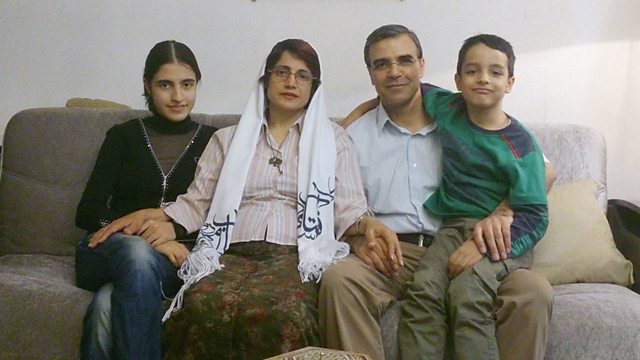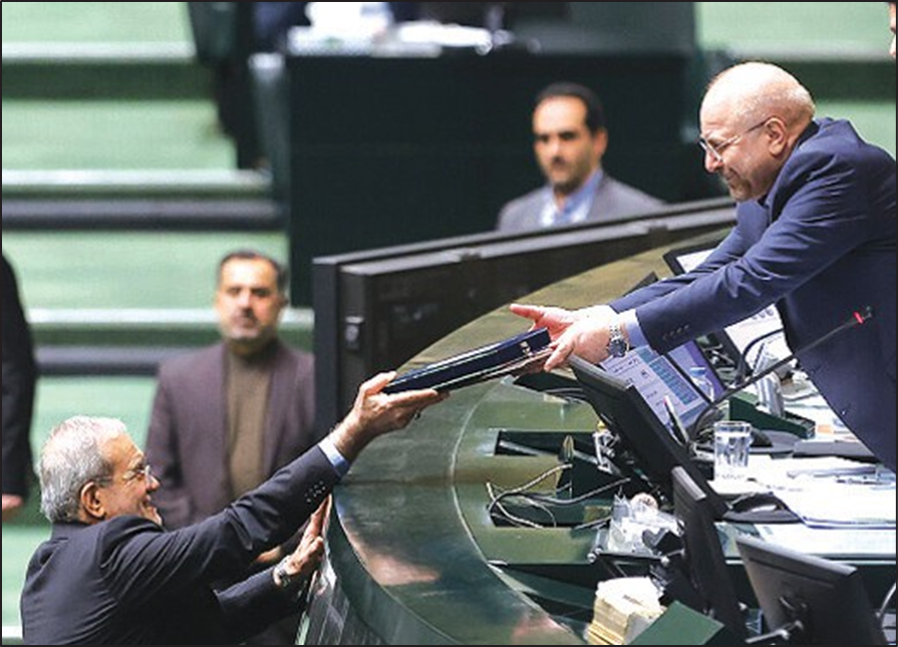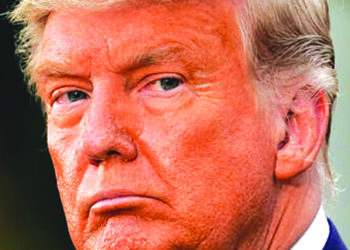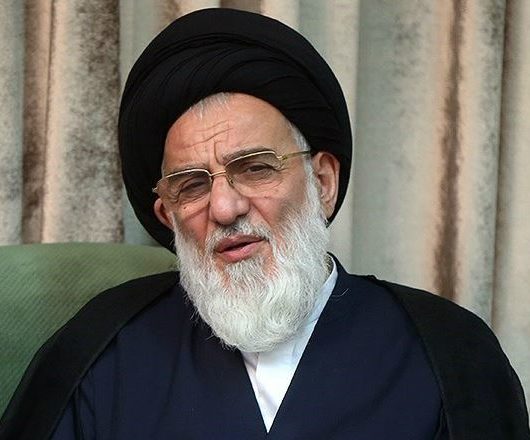January 25, 2019

The Supreme Leader has named Judiciary Chairman Sadeq Larijani to succeed the late Ayatollah Mahmud Hashemi-Shahrudi as both chairman of the Expediency Council and a member of the 12-man Council of Guardians.
Larijani’s second five-year term as head of the Judiciary will end next August. Judiciary chairs normally serve two terms.
Some people questioned making Larijani chairman of the Expediency Council, a major task of which is to arbitrate disputes between the Majlis and the Council of Guardians. That appointment means Larijani will be arbitrating between the Council of Guardians, of which he will be a member, and the Majlis, of which his brother is speaker, which to some seemed to represent a double conflict of interest.
However, the concept of a conflict of interest is not a concern in the Islamic Republic, unlike in most other major countries.
A bigger concern for many is that the appointment moves the Expediency Council’s leadership starkly to the right. Its previous two chairmen have been relative moderates, while Larijani has a reputation as a hardliner.
Sadeq Larijani, 57, was born in Najaf, where his clergyman father lived in exile. He was educated there and moved to Iran as an 18-year-old after the revolution, where he began his seminary studies in Qom.
He became active politically from an early age and is only ranked as a hojatoleslam because of his limited accomplishments as a cleric. Critics have said he lacks the experience and the credentials in Islamic law to head the Judiciary.
In May 2012, Larijani was put on the EU sanction list for human rights abuses, specifically for endorsing harsh punishments for crimes against the state as well as the use of retribution as a punishment. In January 2018, the United States sanctioned Larijani for human rights abuses as well.
The Expediency Council was created in 1989 to arbitrate disputes between the Majlis and Council of Guardians. It is comprised of about three dozen members, all named by the Supreme Leader. Its members cover the acceptable range of political opinion in the Islamic Republic, though with a clear over-representation on the conservative side.
Supreme Leader Ali Khamenehi has also tasked the Council with drafting ideas for the long-term policies of the regime and its staff operates as something of a think-tank for the regime.
Larijani will be its third chairman. It was headed for more than a quarter century by Ali-Akbar Hashemi-Rafsanjani until his death in January 2017. Shahrudi was named to succeed him, but was soon undergoing treatment for cancer and had not played a major role in the government for more than a year before his death last month.




















